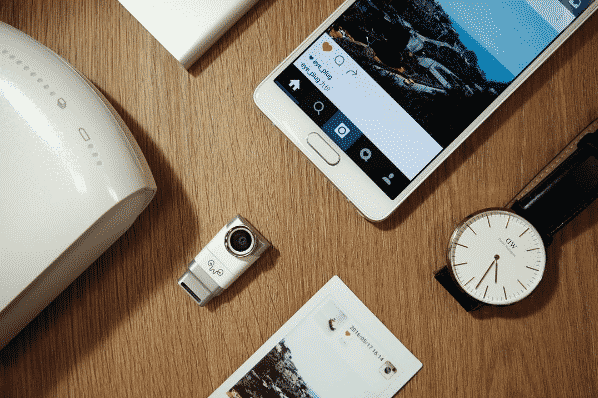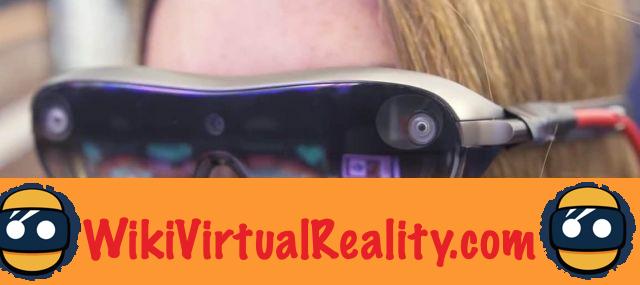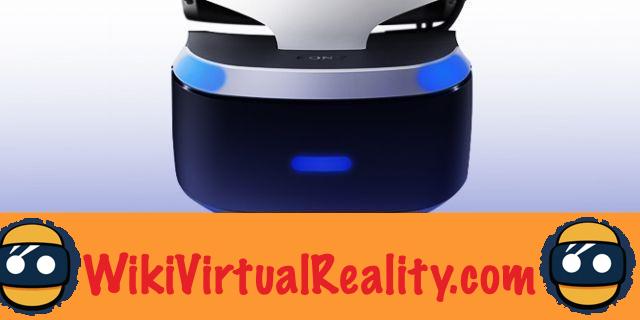
Summary
The grid effect, or “screen door effect” (SDE) is one of the main weaknesses of VR headsets available today like the Rift and Vive. Due to the gap between the pixels of the screen, the user sometimes perceives a grid that separates it from the content displayed by the device. This phenomenon is present on all screens, but it is particularly annoying in virtual reality because of the proximity of the user.
In order to remedy this problem, it seems that Samsung is developing a new AMOLED display. The South Korean firm has just filed a trademark with the European Union Intellectual Property Office: “Anti SDE AMOLED”. No additional information has been released yet, but this brand name seems explicit enough to guess that Samsung intends to tackle this defect in VR headsets.
VR headsets: Samsung registers an “Anti SDE AMOLED” trademark

In theory, there is several solutions to reduce the grid effect VR headsets. For example, it is possible to create screens with a higher fill factor, in order to reduce the space between the pixels. An alternative would be to add a diffusion layer on the screen, in order to diffuse the light emitted by the pixels to fill the spaces without light which separate them from each other. However, this solution may reduce the clarity of the screen.
Samsung could also manufacture a display with a density of pixels per inch (PPI) more important. As a reminder, in May 2018, during SID Display Week, Samsung unveiled a 2,43-inch screen with 3840 × 2160 definition) with 120Hz refresh rate. This screen offered a pixel density of 1200 PPI, which is 2,6 times more than the Rift and Vive screens at 460 PPI. It is possible that the manufacturer is based on this prototype to develop its anti SDE screen.





![[GOOD TIP] The DJI Mavic Air drone at only 970 euros 🔥](/images/posts/508c7088bbc439b2faabf0ee3721dc83-0.jpg)
![[WWDC 2017] Mac VR: Apple computers running macOS High Sierra compatible with HTC Vive](/images/posts/1efe8a66c6dc80ec888133efad603474-0.jpg)
![[Review] Augmented Empire - A fascinating cyberpunk tactical RPG on Samsung Gear VR](/images/posts/e59f79c2980c7163a7cfe93c1a40e553-0.jpg)


















